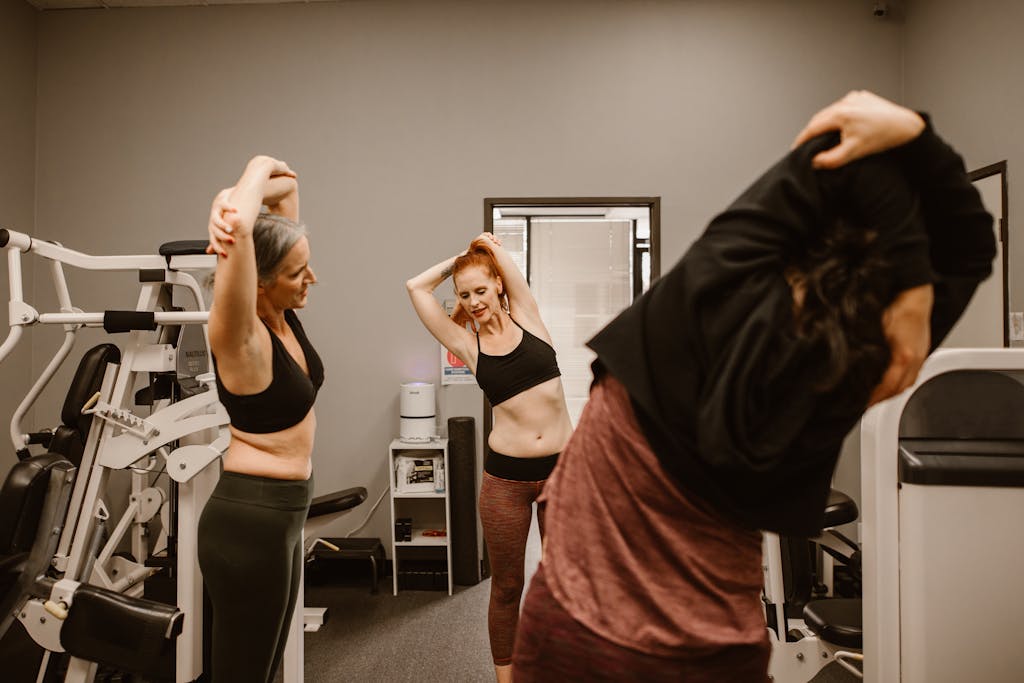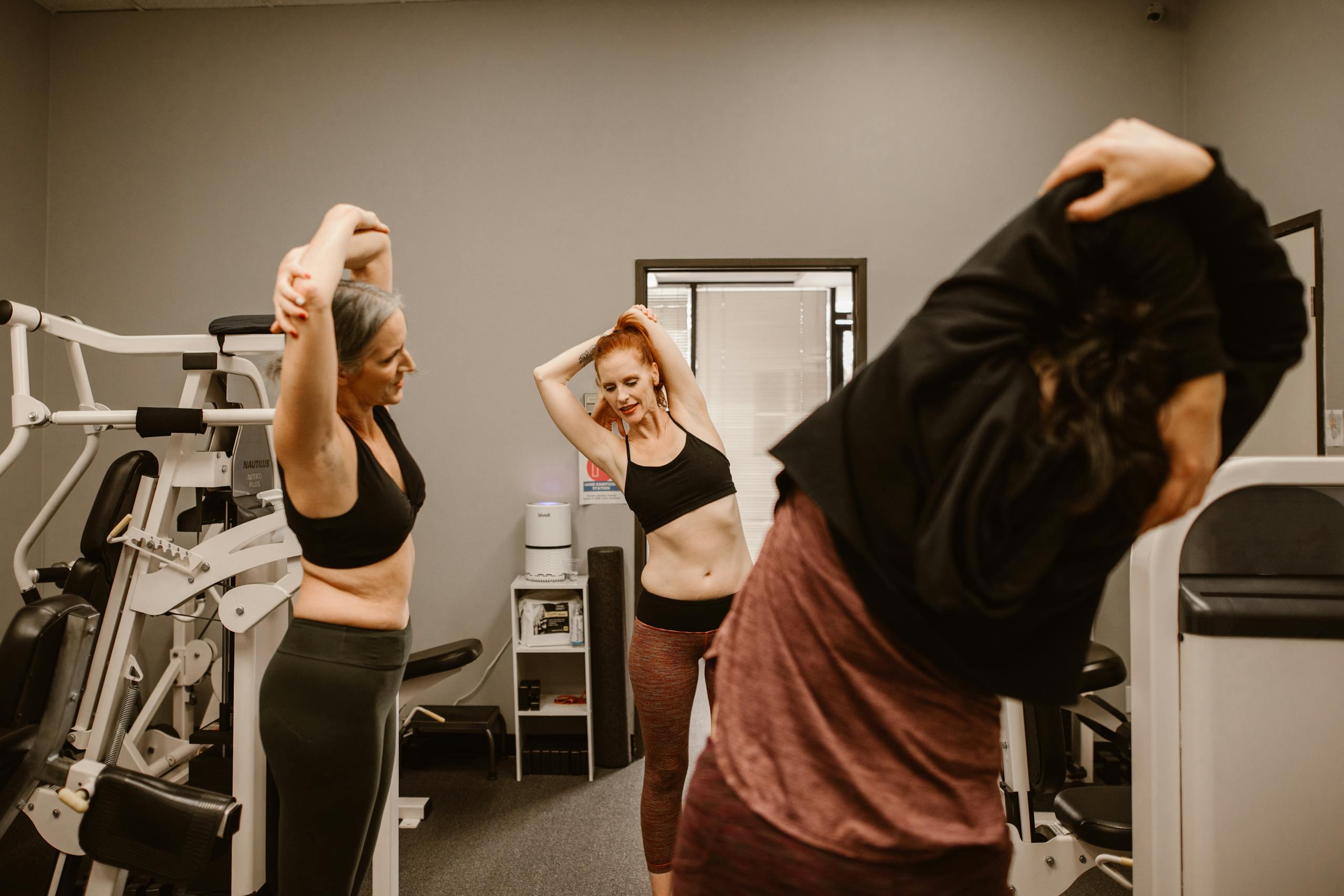Why You Don’t Need to Look Perfect to Be Fit

In today’s digital world, where social media overflows with images of “perfect” bodies, it’s easy to feel like fitness is synonymous with flawless physiques. But real fitness isn’t about achieving perfection or mirroring the sculpted bodies we see online. True fitness is about health, strength, and personal well-being, rather than fitting an arbitrary aesthetic. Let’s dive into why you don’t need to look perfect to be fit and how you can achieve a sustainable and fulfilling fitness journey.
1. Understanding Fitness Beyond Appearance
Fitness is often misunderstood as a “look” rather than a state of health. Achieving peak fitness is about improving strength, endurance, and energy levels. When we get caught up in chasing a specific look, we lose sight of what matters: feeling good, being healthy, and living actively. Physical fitness has more to do with your heart health, muscle tone, and flexibility than it does with abs or a slim waistline.
2. Fitness Comes in Different Shapes and Sizes
The concept of a “perfect body” is entirely subjective and influenced by cultural trends, social media, and even personal bias. Different body types exist, and they all respond to fitness routines in their own unique ways. Some people naturally carry more muscle, while others may have a leaner frame. Embracing your natural body type allows you to focus on what your body can do rather than how it should look.
3. A Balanced Mindset: Focusing on Health Instead of Image
Adopting a mindset that prioritizes health over aesthetics can be freeing. When your primary focus shifts to feeling energized, achieving personal fitness goals, or improving stamina, the obsession with appearance fades. As a result, you build a healthier relationship with fitness itself, without the pressure of constantly assessing your reflection.
4. Real Fitness Goals You Should Aim For
Here are some practical, meaningful goals that don’t revolve around physical appearance but greatly enhance fitness:
- Strength and Endurance: Aim to lift heavier weights or run longer distances. Increased strength boosts confidence and functional capability.
- Flexibility and Mobility: Working on flexibility aids in injury prevention and improves range of motion, making everyday activities easier.
- Mental Well-Being: Regular exercise has a profound impact on reducing stress and improving mental clarity.
- Energy Levels: Building endurance in cardio and resistance training can keep you energized throughout the day.
When you measure progress through these goals, you focus on tangible improvements that support a fulfilling lifestyle.
5. Building a Positive Relationship with Exercise
Fitness should be a celebration of what your body can do, not a punishment. By setting realistic, health-focused goals, you’re more likely to create a sustainable fitness routine that you enjoy. Choosing activities you genuinely like, such as swimming, dancing, or hiking, encourages consistency and makes your fitness journey enjoyable rather than a chore.
6. Social Media vs. Reality
Social media can be a huge motivation source but can also contribute to unrealistic standards. Many fitness influencers and celebrities post heavily edited, staged photos that rarely represent real life. Embracing fitness as an individual journey rather than a comparison game can help prevent self-doubt. Remember, the “perfect” body on social media might be more fiction than fact.
7. Prioritize Functional Fitness for Long-Term Benefits
Instead of pursuing fitness for aesthetic reasons alone, consider functional fitness. This approach emphasizes building strength, coordination, and endurance that directly impacts your day-to-day life. Functional fitness can help with posture, prevent injuries, and improve balance—benefits that are essential at any age and for any body type. This kind of fitness will serve you for a lifetime, regardless of how you look.
8. Building Self-Confidence Through Fitness
The most rewarding aspect of fitness is not the number on the scale or the reflection in the mirror but the self-confidence and mental resilience it builds. Exercise releases endorphins, which can boost your mood and relieve stress. Over time, a consistent fitness routine can reshape not only your body but also your mind, cultivating a positive self-image and healthier mental outlook.
9. Be Fit, Be You
Perfection is a myth. Real fitness is achievable and fulfilling, not because you reach a “perfect” appearance but because it empowers you to live a healthier, happier life. The journey toward fitness should be one of growth, health, and self-acceptance. So, the next time you step into the gym or lace up for a run, remember: you don’t need to look perfect to be fit. Embrace your uniqueness, prioritize health, and keep pushing toward goals that matter. True fitness is about thriving in the body you have, not yearning for a body you don’t need.

Recent Comments